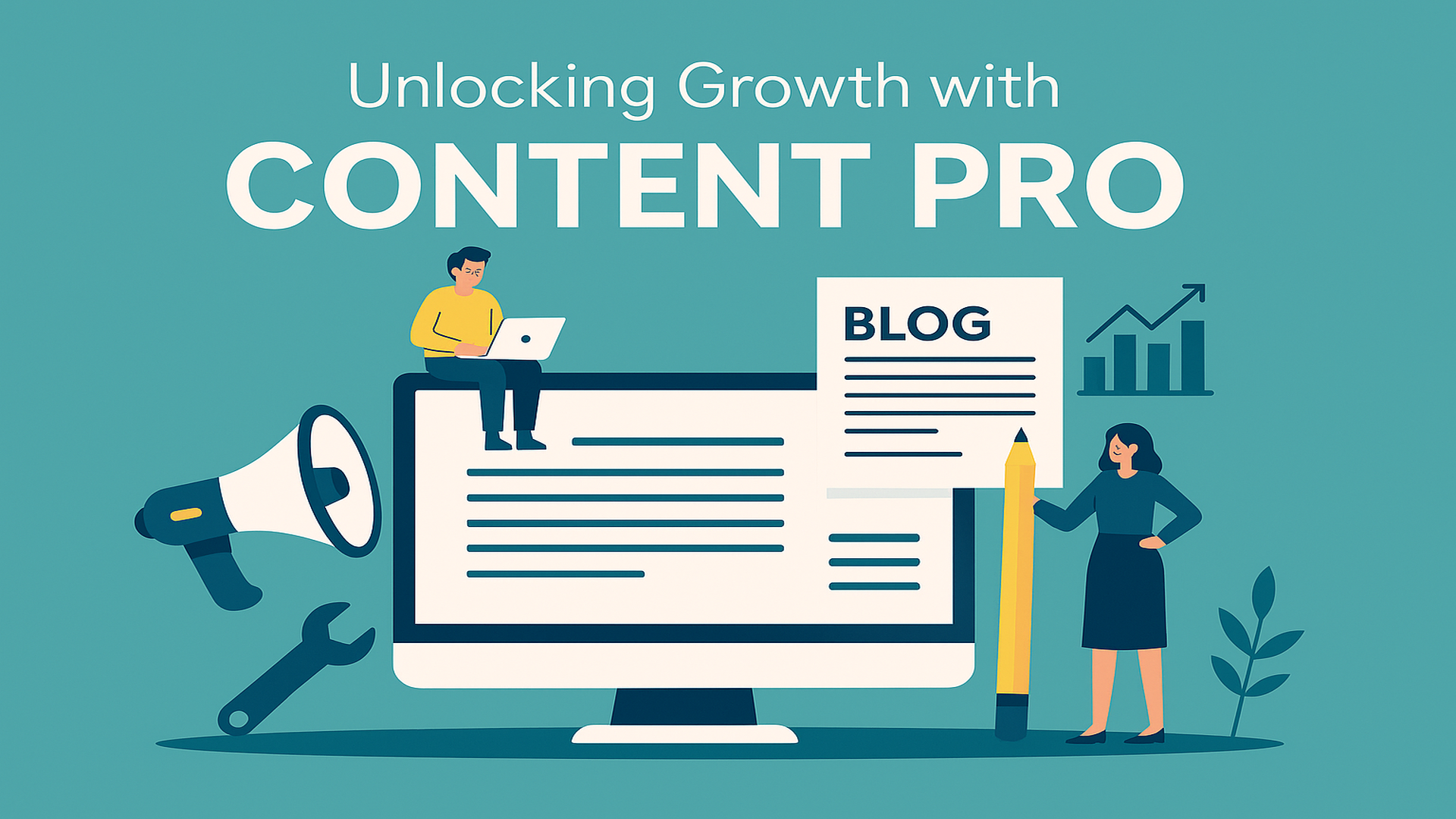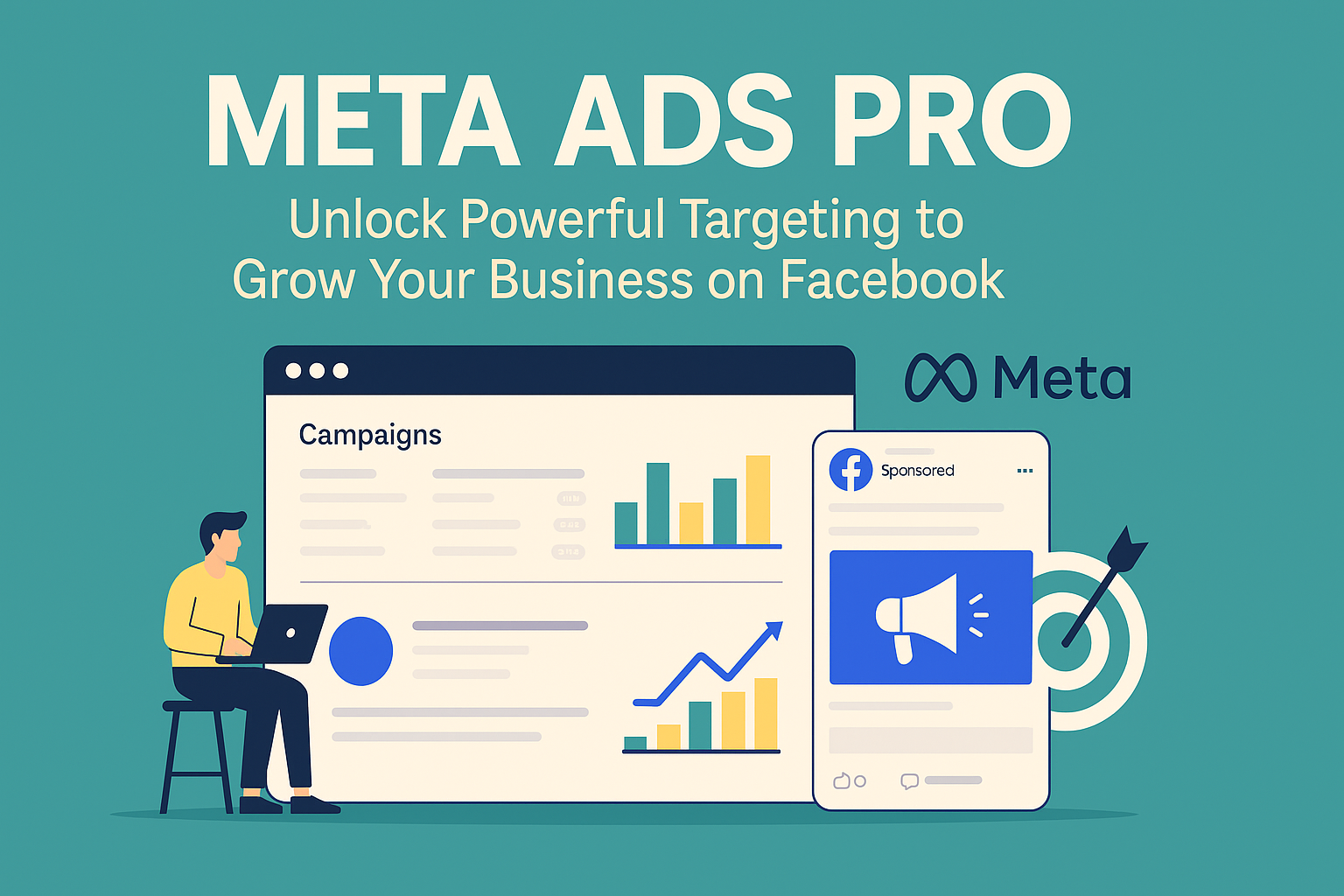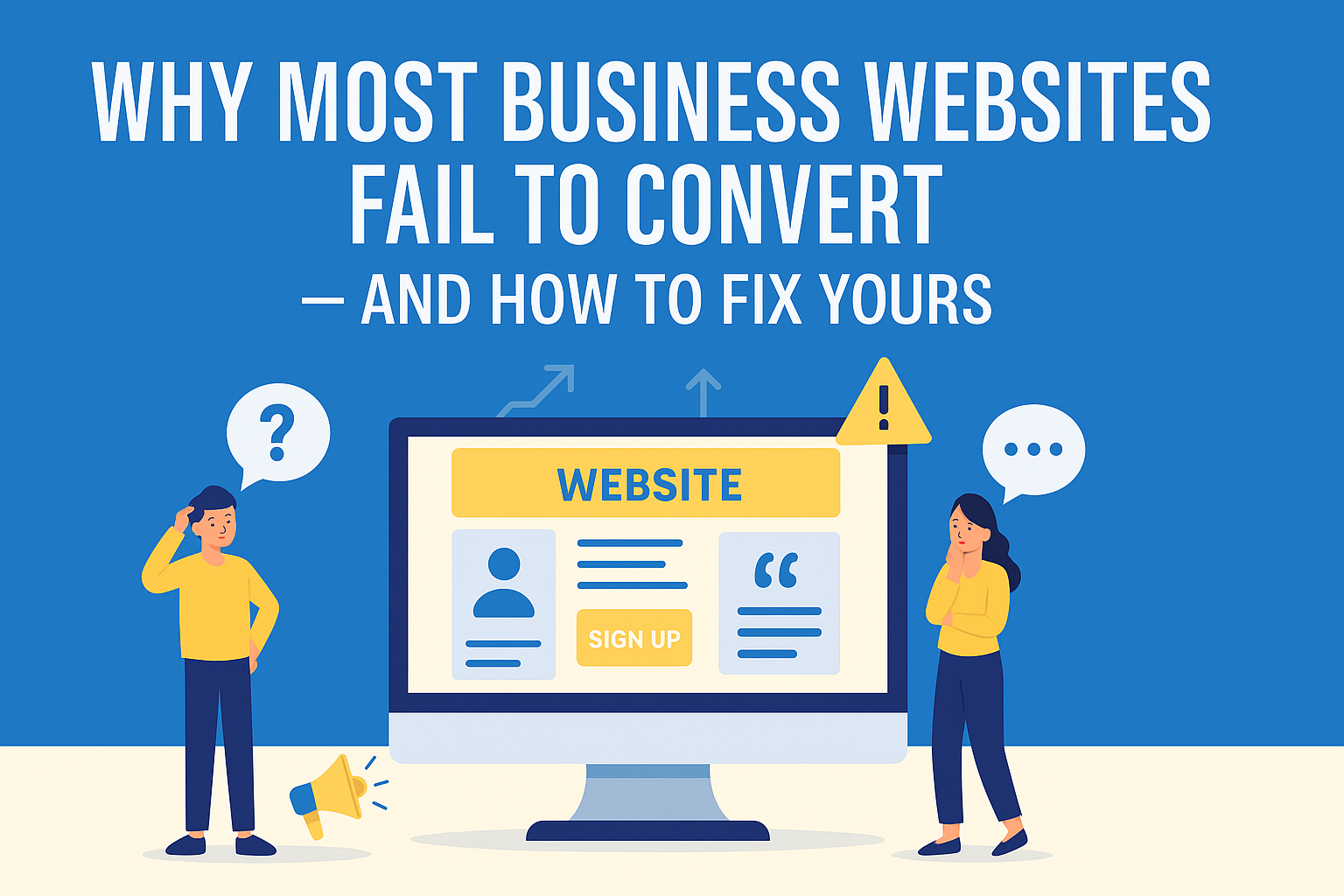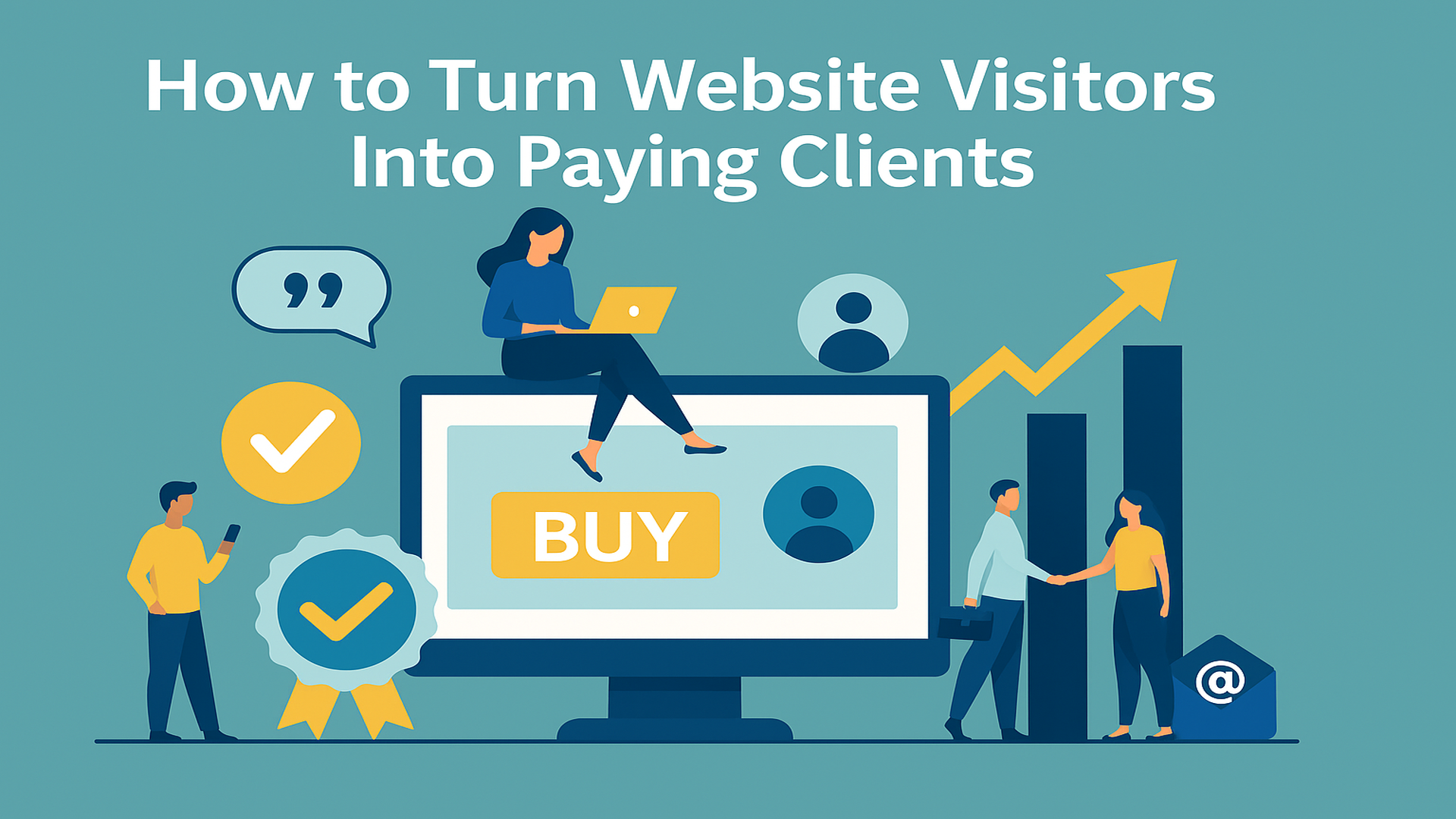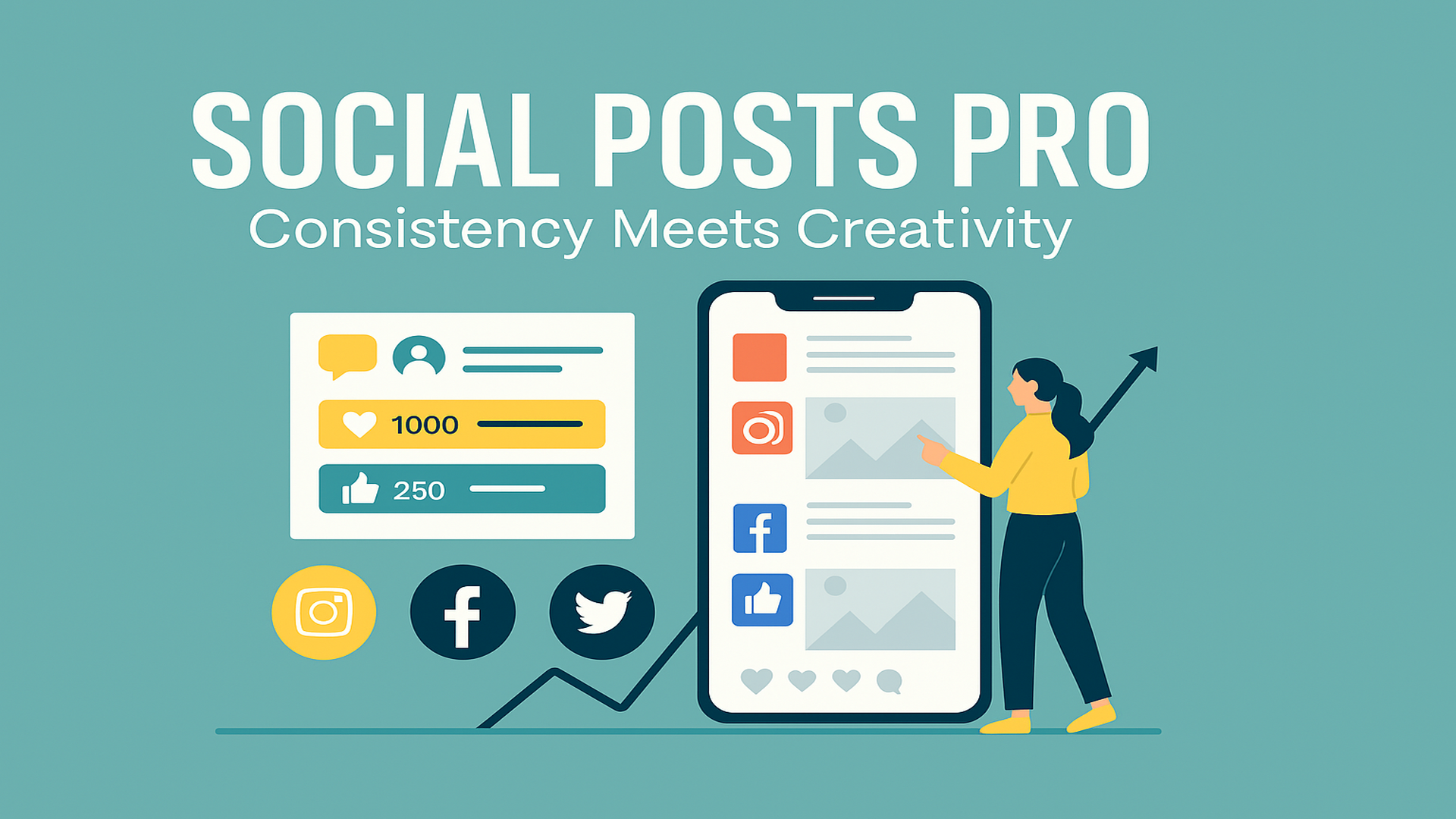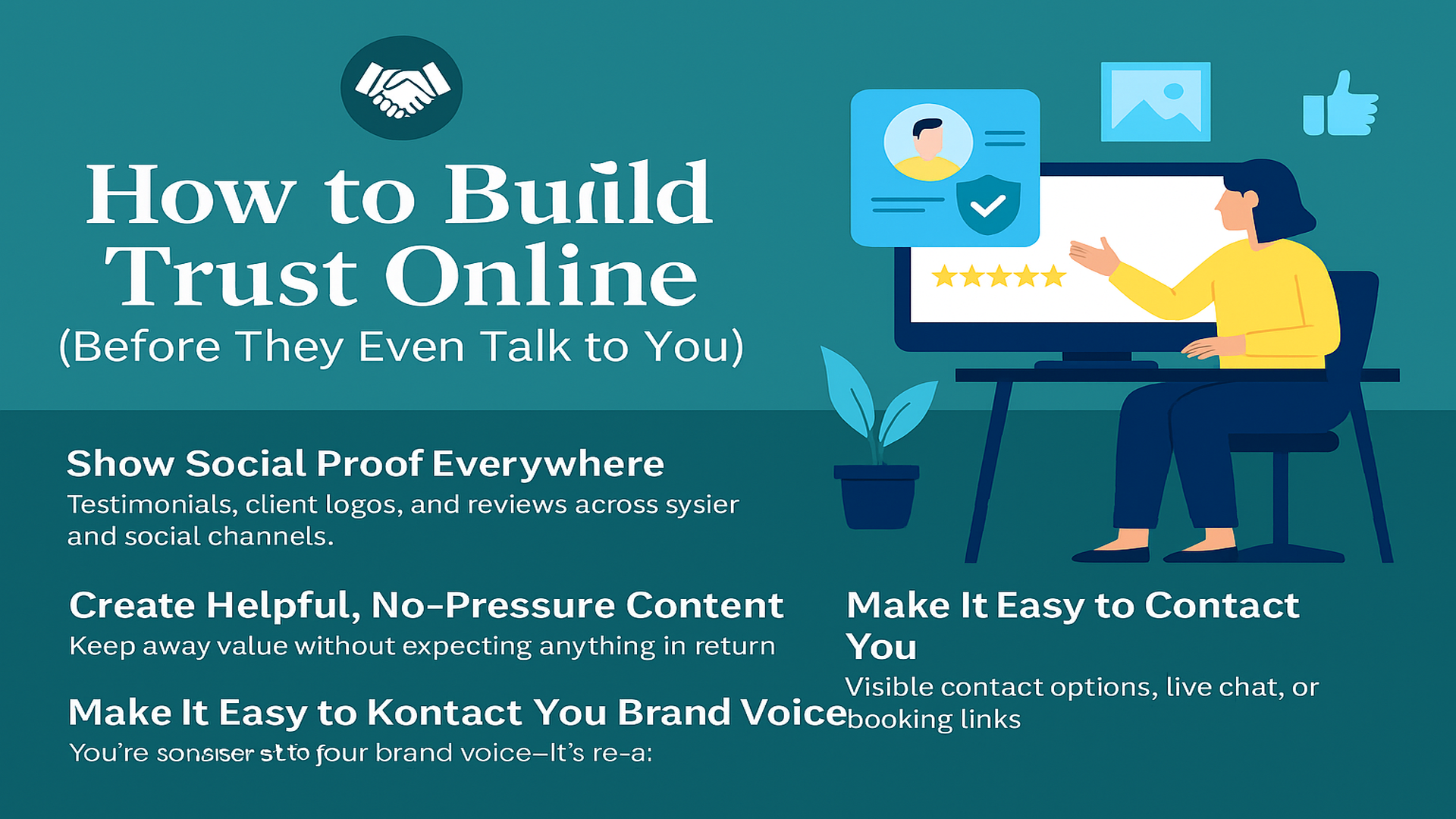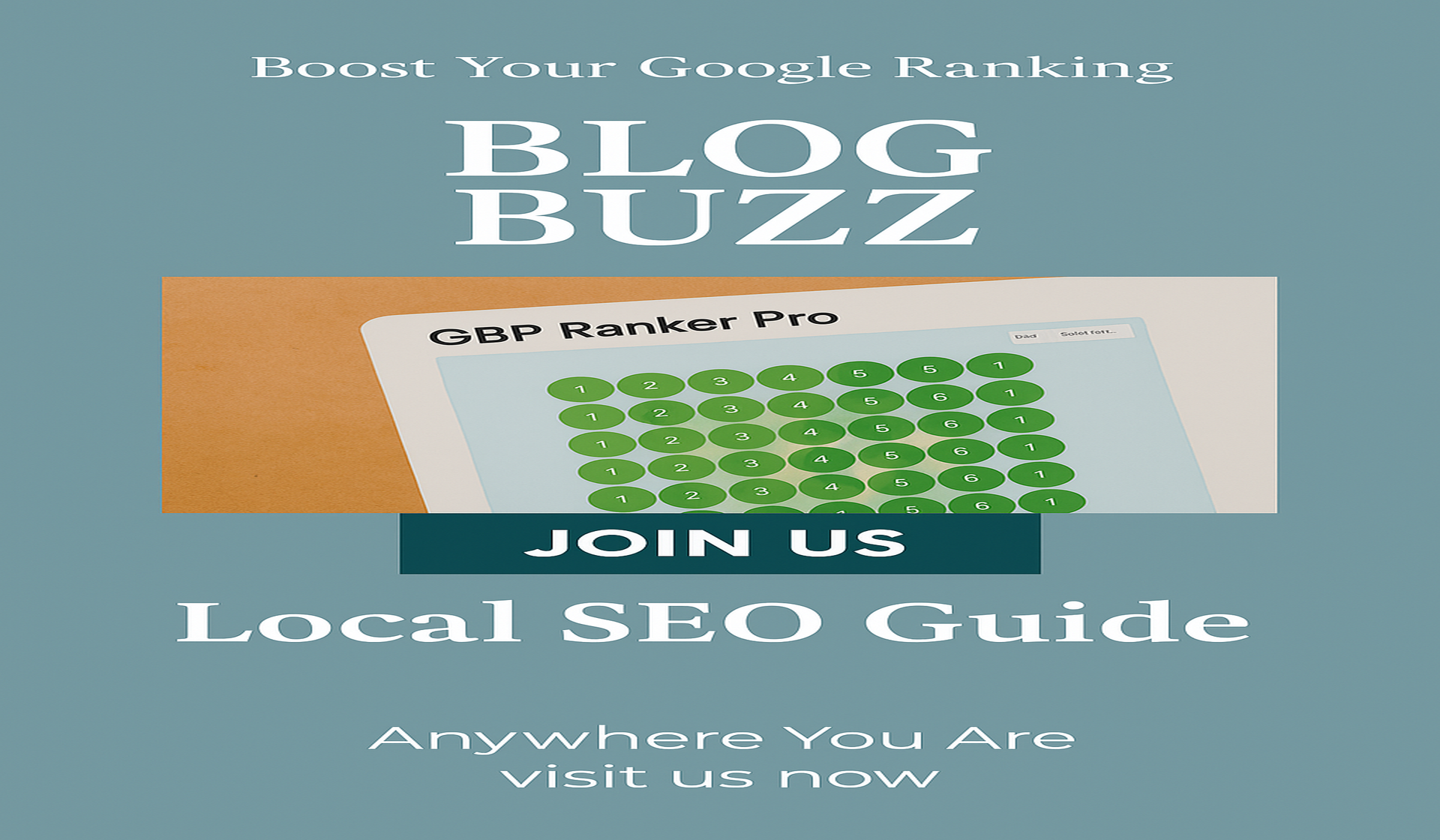Subscribe to Our
Newsletter
Stay up to date with our latest offers
and promotions by signing up now
Contact Us
Thank you for contacting us.We will get back to you as soon as possible.
Oops, there was an error sending your message.Please try again later.
Contact info
Vintage House, 36-37 Albert Embankment, Vauxhall
SE1 7TL
+ 44. 7778181245
Monday – Friday 9 AM - 5PM


















